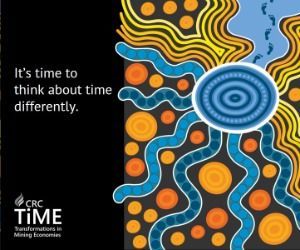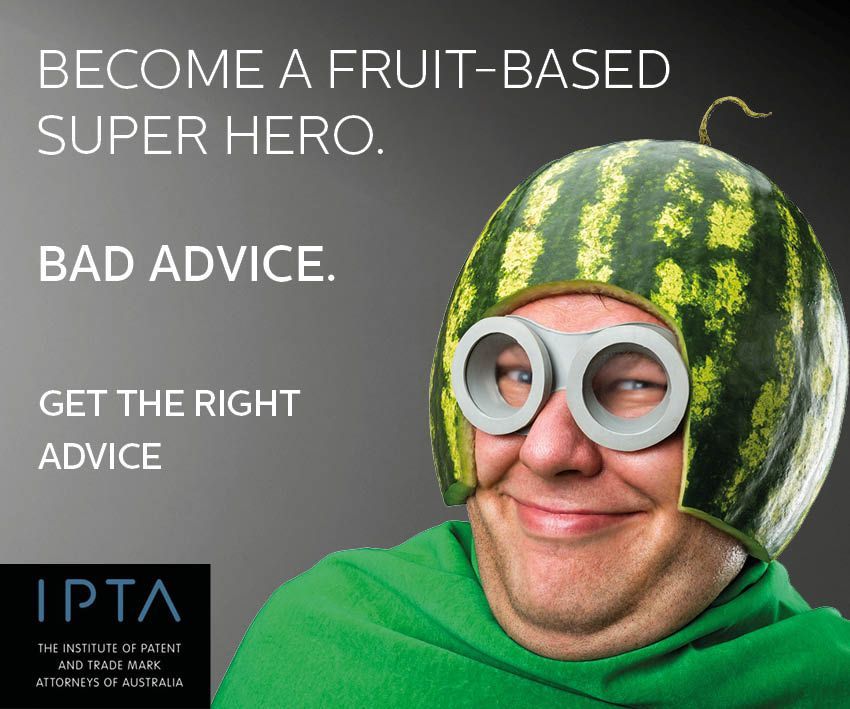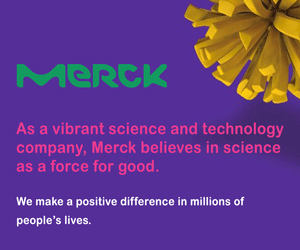1MG FlippingBooks
Adding value with science
By Anne Harris
Egalitarian yet often complex, science has the ability to directly impact the lives of people in our local community. It is a practitioner’s responsibility to translate scientific knowledge into advice and solutions that have tangible meaning for patients.

Science has always fascinated me – the beauty of discovery and the process of unravelling, analysing and working through a problem. My curiosity led me to major in microbiology and biochemistry at university. The rigour of the scientific method, the reliance on facts and independent analysis, and the knowledge that there is always more to learn, were the basis of its intellectual appeal.
I did not know what job my degree would lead to, but I trusted that science would open up opportunities for interesting and engaging work that could make a real difference to people.
After graduating from university, I worked at a microbiology laboratory in a teaching hospital. I was impressed with the people who worked in this area, but I soon realised laboratory research was not the right environment for me.
When considering job options, I spoke to several people who worked in the pharmaceutical industry to ask about their experiences, and the perception of “big pharma” as driven purely by a profit motive. I learned that there was a universal purpose to lead through science and foster a better world by improving patient access to quality medicines.
I came to understand there is value in diverse financial models to translate research into access to medicines, including those supported by government, not for profit organisations and industry. Taking the time to learn more helped me understand that I could find my place in a commercial industry which has a bold vision to improve the health and lives of my community and across the world.
I started out like many in the innovative medicines industry, “carrying the bag” as a sales rep and meeting general practitioners to discuss new medicines in chronic disease areas, like cardiovascular disease, diabetes and obesity, and visiting hospitals to meet with mental health specialists to discuss their challenges in treating patients with depression. My role enabled me to inform health practitioners about new data, scientific breakthroughs, clinical trials and approved medicines that deliver improved health outcomes to patients.
Through this experience I became very interested in training salespeople to be better prepared when they meet with doctors to add more value to the engagement. I pursued further studies in HR, studying human development, learning and communication, and honing these skills as a field-force effectiveness manager. I then moved on to other opportunities in marketing, commercial development and executive leadership roles across ANZ, Europe and Asia.
When I first entered the workplace, it was overwhelmingly male dominated, particularly in leadership roles, but as I moved through my career this reality has been redefined.
I took inspiration from senior managers with leadership capabilities I admired. Throughout my career I actively sought feedback and advice from these leaders which has been invaluable in shaping my own leadership and career journey. I never saw my gender as a reason not to aspire to new opportunities and challenges. I was as open with my mentors and managers on my aspirations as they were on where I added value to the organisation and where I needed to improve.
The modern-day pharmaceutical industry boasts a strong representation of women in senior management roles. This is evident in Pfizer’s leadership team, which is 60 per cent female in Australia and 75 per cent female in New Zealand. I am the second female Managing Director for Pfizer ANZ, being fortunate to follow the trailblazing legacy of my predecessor Melissa McGregor, a senior female leader in science and technology in Australia, who was recently appointed Vice President of Pfizer Europe’s Hospital Business Unit.
My own path to leadership has helped me understand why diversity in thought and approaches is important to solving challenges and fostering innovation. I am proud to work for a company whose purpose is breakthroughs that change patients’ lives. In order to deliver on this bold purpose we need the very best of our colleagues and our partners. From my personal and professional experience I have learnt that diversity in all its forms, be it gender, race, religion, sexual orientation, education or economic status, ensures we hear all voices and have the best ideas, as this also represents the very community we serve.
My advice to young women considering a career in science is to choose science because you are genuinely interested in it.
Career paths into research and academia are well known, but I also encourage exploring the many industries that value foundations in science and technology. An understanding of science will open up an array of career options, including in biotechnology, medtech, manufacturing, environmental science, climate change, food science, engineering, technology, artificial intelligence, mathematics or psychology.
I emphasise the need to be your authentic self in your engagement with others, rather than feel the need to change yourself to fit into an organisation or industry. There is no one type of leader, no one view of the world, and no one person alone with the best ideas. We should all learn from our experiences in order to grow in our outlook and abilities. The challenge is to grow into the best version of ourselves – not anybody else.
The best ideas come from our ability to understand the people and groups in our community, appreciate our differences and collaborate with a diversity of minds. This will bring the best solutions to the biggest health, economic and environmental challenges of our time, all of which will need science to solve them.
Anne Harris is the Australia and New Zealand Managing Director of global biopharmaceutical company Pfizer, one of the largest in the world. Her career path started in microbiology research, moving to sales, human resources, and then, eventually, senior leadership.
Video: Providing support for women to tap into career opportunities – and succeed – is one of the most important things any organisation can do in pursuit of gender equality. Here’s one organisation doing it right.










